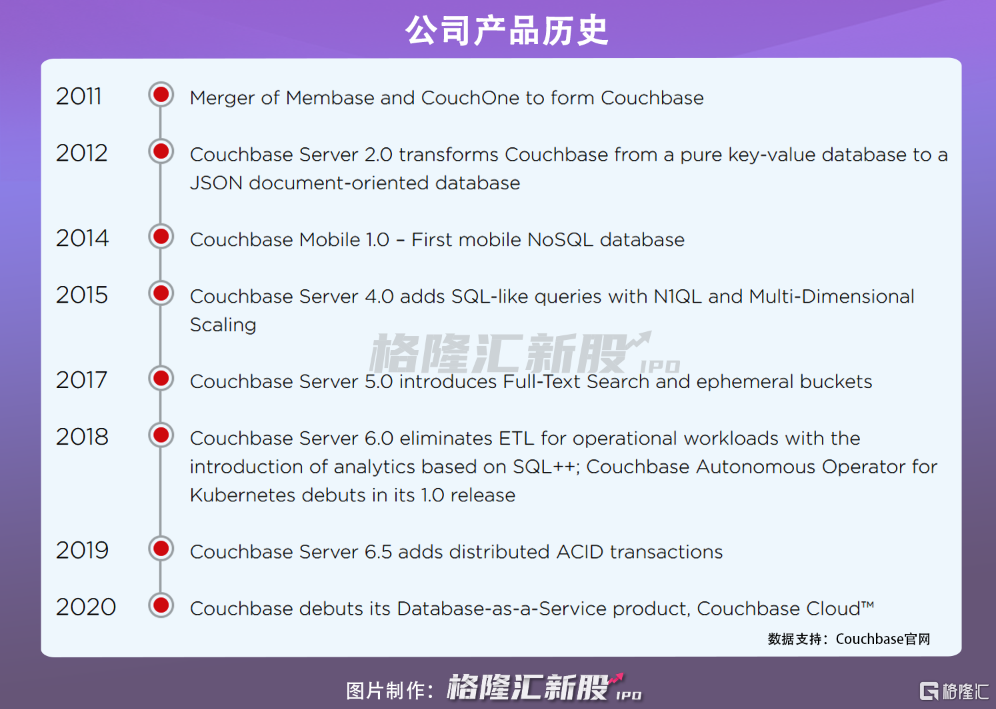Couchbase is a distributed, NoSQL documentoriented database that is designed for interactive applications. It combines the flexibility of a JSON document model with distributed architecture and SQLlike querying. Let's dive deeper into understanding Couchbase and its key features:
Couchbase stores data in JSON format, allowing for flexible and dynamic schemas. This makes it ideal for applications with evolving data requirements, as new fields can be added without affecting existing data.
Couchbase is designed for high availability and scalability. It can be easily scaled horizontally by adding more nodes to the cluster, allowing applications to handle increasing workloads seamlessly.
With features like inmemory caching, indexing, and efficient data replication, Couchbase provides high performance for read and write operations. This ensures low latencies for interactive applications.
Couchbase allows querying data using N1QL (pronounced as nickel), a SQLlike query language that supports joins, aggregations, and other advanced querying capabilities. This makes it easy for developers to work with the data stored in Couchbase.
Couchbase provides a powerful fulltext search feature that allows developers to perform complex search operations on the data stored in the database. This is useful for building search functionalities in applications.
Couchbase supports XDCR, which enables data replication across multiple data centers. This ensures data locality, disaster recovery, and high availability for applications with a global user base.
Couchbase is suitable for a wide range of use cases, including but not limited to:
Due to its high performance and scalability, Couchbase is ideal for realtime analytics applications that require fast data processing and querying capabilities.
Couchbase's flexible data model and efficient querying make it wellsuited for building personalized content and recommendation engines that need to process large amounts of data.
For IoT applications that generate massive amounts of data from sensors and devices, Couchbase's distributed architecture can handle the data ingestion and query requirements effectively.
Couchbase's scalability and high availability make it a good choice for ecommerce platforms that need to manage large product catalogs, user profiles, and transaction data.

Before designing your application with Couchbase, understand your data model and how your data will be queried. This will help in defining the right document structure and indexing strategy.
Create appropriate views and indexes to support your query patterns. Optimize your queries by utilizing secondary indexes and materialized views where needed.
Regularly monitor the performance of your Couchbase cluster and make adjustments as needed. Keep an eye on disk usage, memory utilization, and query latencies to ensure optimal performance.
Set up replication across multiple nodes and data centers to ensure high availability and data durability. Have a disaster recovery plan in place to handle any potential failures.
Keep your Couchbase installation up to date with the latest releases and patches. New versions often come with performance improvements, bug fixes, and new features.
Overall, Couchbase is a powerful NoSQL database that offers flexibility, scalability, and high performance for modern applications. By understanding its key features, exploring use cases, and following best practices, developers can leverage Couchbase effectively in their projects.
版权声明:本文为 “联成科技技术有限公司” 原创文章,转载请附上原文出处链接及本声明;

